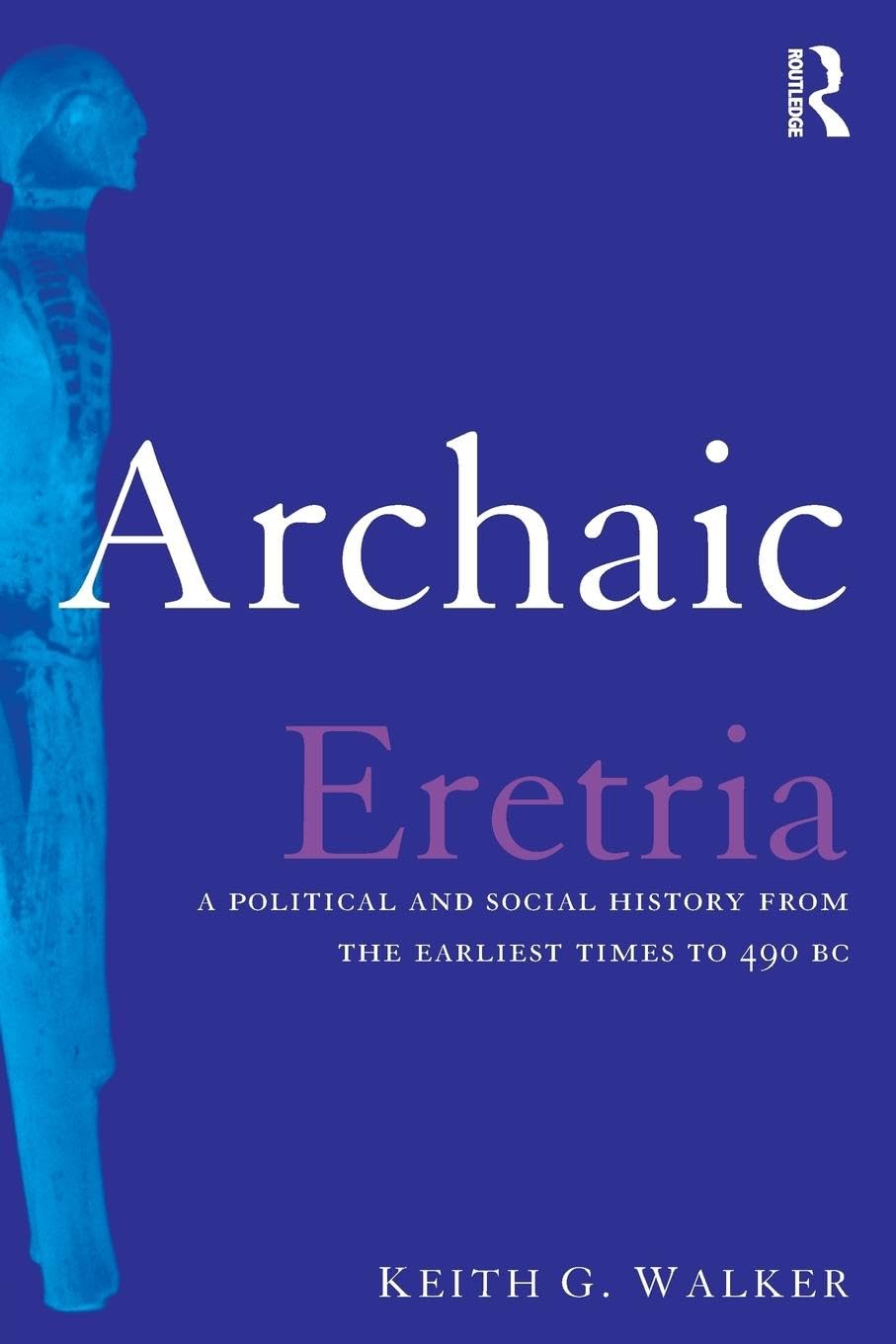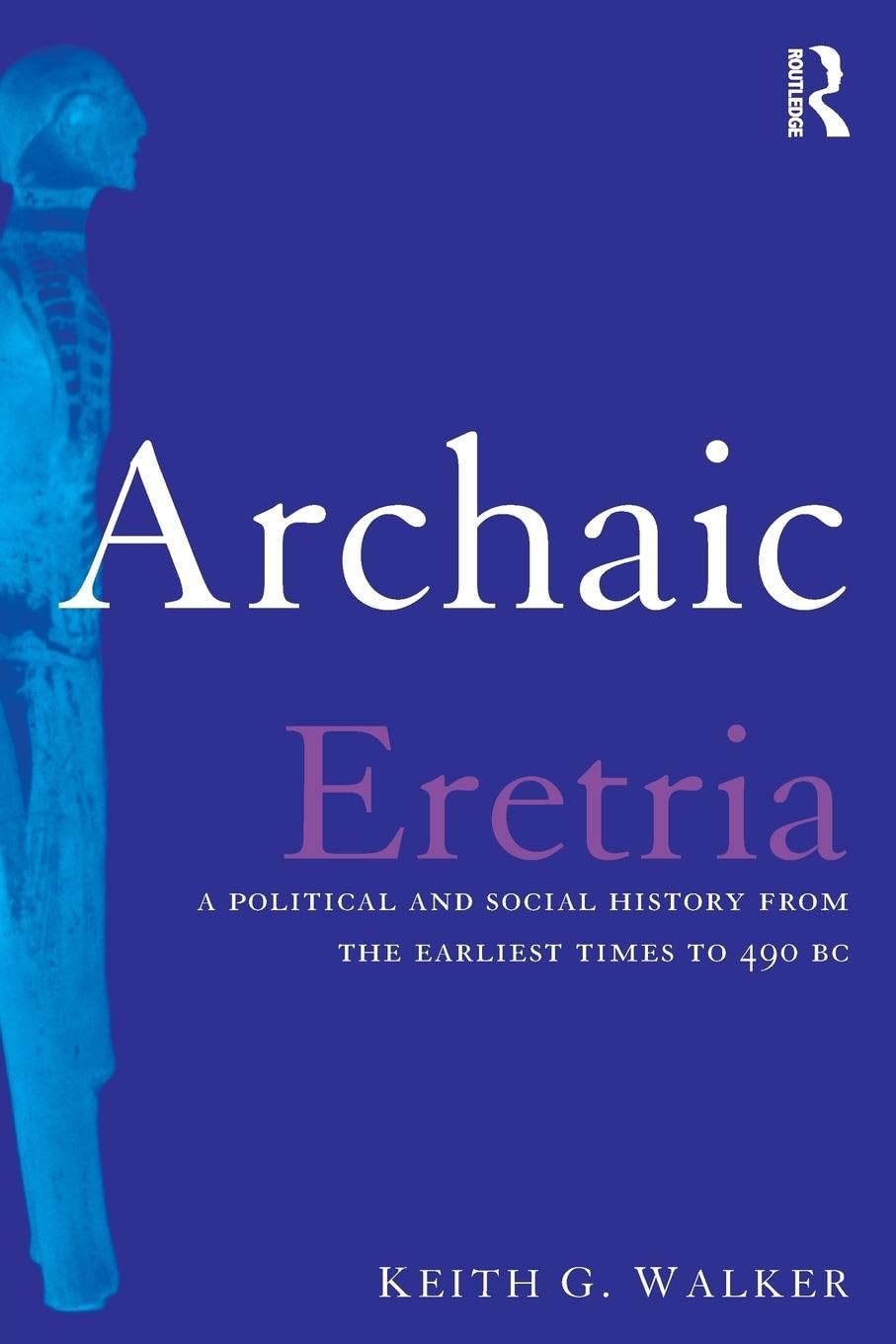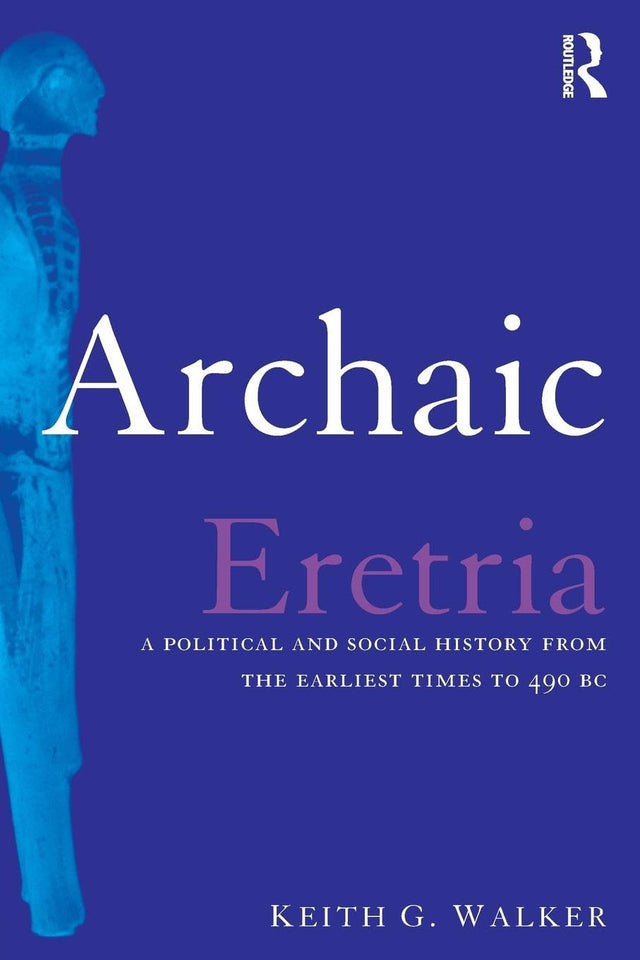Archaic Eretria: A Political and Social History from the Earliest Times to 490 BC
Archaic Eretria: A Political and Social History from the Earliest Times to 490 BC is backordered and will ship as soon as it is back in stock.
Couldn't load pickup availability
Genuine Products Guarantee
Genuine Products Guarantee
We guarantee 100% genuine products, and if proven otherwise, we will compensate you with 10 times the product's cost.
Delivery and Shipping
Delivery and Shipping
Products are generally ready for dispatch within 1 day and typically reach you in 3 to 5 days.
Book Details
-
Author: Keith G. Walker
-
Publisher: Routledge
-
Edition: Reprint
-
Binding: Paperback
-
Number of Pages: 348
-
Release Date: 03-02-2012
-
ISBN: 9780415518536
-
Languages: English
About The Book
In Eretria in the Archaic Era, Keith G. Walker offers the first detailed history of Eretria during its most politically significant period, the Archaic Era. This well-researched book explores the city's rise as a major political and cultural power, uncovering the elements behind its success.
Walker focuses on several key aspects of Eretria's prominence, beginning with its role as a pioneering colonizer in both the Levant and the West. The city’s early Aegean "island empire," predating Athens by over a century, is explored, highlighting the city's far-reaching shipping and trade networks. The book delves into Eretria's influence in central Greece during the last half of the sixth century and its involvement in the Ionian Revolt, shedding light on the city's political and military strategies.
One of the key moments in Eretria's history, the tyranny of Diagoras (c.538-509 BC), is given extensive attention, providing insights into the city's "golden age." Drawing on a wealth of literary, epigraphic, and archaeological sources, many of which were previously unavailable to English-speaking readers, this book presents a comprehensive and accessible account of Eretria’s Archaic Era. A valuable resource for historians, archaeologists, and those interested in ancient Greek history, Walker’s work shines a light on a city whose legacy is often overshadowed by its more famous contemporaries.





